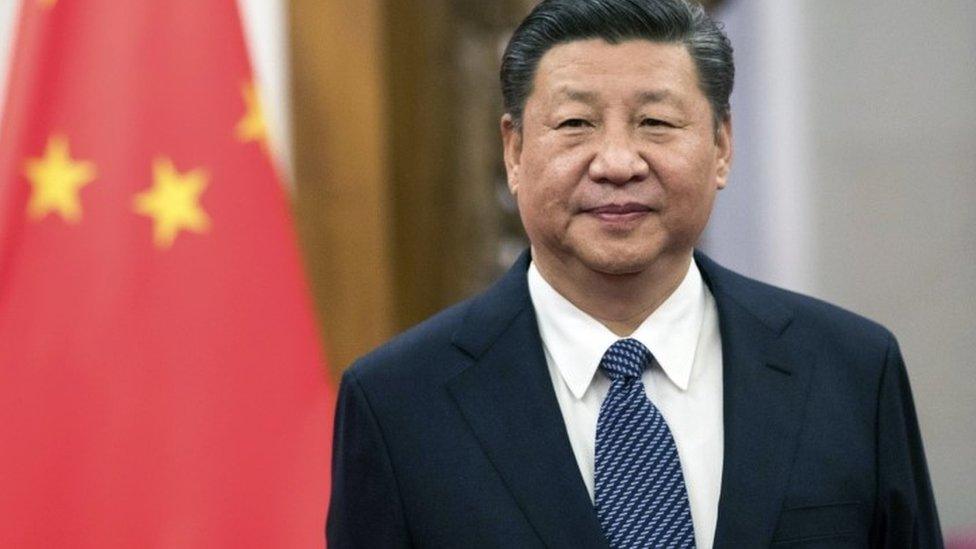- Courses
- GS Full Course 1 Year
- GS Full Course 2 Year
- GS Full Course 3 Year
- GS Full Course Till Selection
- Answer Alpha: Mains 2025 Mentorship
- MEP (Mains Enrichment Programme) Data, Facts
- Essay Target – 150+ Marks
- Online Program
- GS Recorded Course
- Polity
- Geography
- Economy
- Ancient, Medieval and Art & Culture AMAC
- Modern India, Post Independence & World History
- Environment
- Governance
- Science & Technology
- International Relations and Internal Security
- Disaster Management
- Ethics
- NCERT Current Affairs
- Indian Society and Social Issue
- NCERT- Science and Technology
- NCERT - Geography
- NCERT - Ancient History
- NCERT- World History
- NCERT Modern History
- CSAT
- 5 LAYERED ARJUNA Mentorship
- Public Administration Optional
- ABOUT US
- OUR TOPPERS
- TEST SERIES
- FREE STUDY MATERIAL
- VIDEOS
- CONTACT US
Supreme Court Recalls 2022 Verdict on Benami Transactions (Prohibition) Act
Supreme Court Recalls 2022 Verdict on Benami Transactions (Prohibition) Act
22-10-2024
- On October 19, 2024, the Supreme Court of India reversed its earlier decision from August 2022 that ruled certain part of the Benami Transactions (Prohibition) Act, 1988, as unconstitutional.
- The case is now set for a new examination by a different bench after a petition from the Central Government.
- The August 2022 judgment struck down Sections 3(2) and 5 of the Benami Transactions Act, saying they were unconstitutional and unfair.
- New Decision: The Supreme Court said that the constitutionality of the unamended Act was not properly considered before, allowing the case to be heard again by a new bench.
Benami Transactions and Relevant Laws:
- Definition of Benami Transactions: "Benami" means "without a name," referring to transactions where the asset does not have a real owner or has a fake owner. This can involve both movable (like vehicles) and immovable (like land) assets.
- Benami Transactions (Prohibition) Act, 1988: This Act aimed to stop such transactions, mainly to combat issues like money laundering and tax evasion.
- It mentions that the legal right to claim ownership of any benami property is completely removed.
In 2016, major changes were made to the original Act, which included:
- Retrospective Application: The amendments allowed for actions against benami transactions that occurred from 1988 onwards. Defined terms like "benamidar" (the person in whose name a benami property is held).
- Penalties: Section 3(2) introduced penalties, including up to 3 years in prison for entering into benami transactions during the period from September 5, 1988, to October 25, 2016.
- This meant a person could be jailed for a transaction that took place many years before the law changed.
- Confiscation Powers: Section 5 allowed the government to confiscate any property involved in a benami transaction.
2016 Amendments and Retrospective Application:
- The 2016 amendments were intended to apply to past transactions.
- This was challenged in court, leading to a December 2019 ruling by the Calcutta High Court that said the amendments could not be applied to earlier cases.
Supreme Court's 2022 Judgment:
- The Supreme Court supported the Calcutta High Court’s decision, stating that the 2016 amendments could not be applied retrospectively.
- It found Sections 3(2) and 5 of the Act unconstitutional:
- Section 3(2): Punished people for benami transactions from September 1988 to October 2016, violating Article 20(1) of the Constitution, which bans retroactive punishment.
- Article 20(1) prohibits the imposition of retrospective punishment, which means that no one can be punished for an act that was not an offense at the time it was committed.
- Section 5: Allowed broad confiscation powers without enough safeguards, which could lead to abuse by authorities.
- Section 3(2): Punished people for benami transactions from September 1988 to October 2016, violating Article 20(1) of the Constitution, which bans retroactive punishment.
- Government's Review Petition: After the 2022 ruling, the Central Government filed a review petition
- Govt. argued that the judgment disrupted decades of legal practice regarding benami transactions and went beyond the original question of applying the 2016 amendments.
Key Highlights of the Recent Supreme Court Judgment:
-
Constitutionality of Unamended Act:
- The Court clarified that the constitutionality of the unamended Benami Transactions Act was not in question during the earlier hearings.
- The main issue was whether the 2016 amendments were meant to apply only in the future.
-
Fresh Adjudication Ordered:
- The Supreme Court accepted the review petition and set aside the 2022 ruling.
- A new bench will now re-examine the constitutionality of the benami law provisions.
-
Emphasis on Active Legal Dispute:
- The Court highlighted that a constitutional challenge requires a proper hearing with a live dispute among the parties involved.
Conclusion
The Supreme Court's decision to reverse its 2022 verdict is an important development in the legal issues surrounding benami transactions in India. This new hearing allows for a thorough examination of the law's provisions, especially regarding their constitutionality and the application of past transactions. As the case progresses, it may change how the Benami Transactions (Prohibition) Act is enforced and its effectiveness in tackling financial misconduct.



